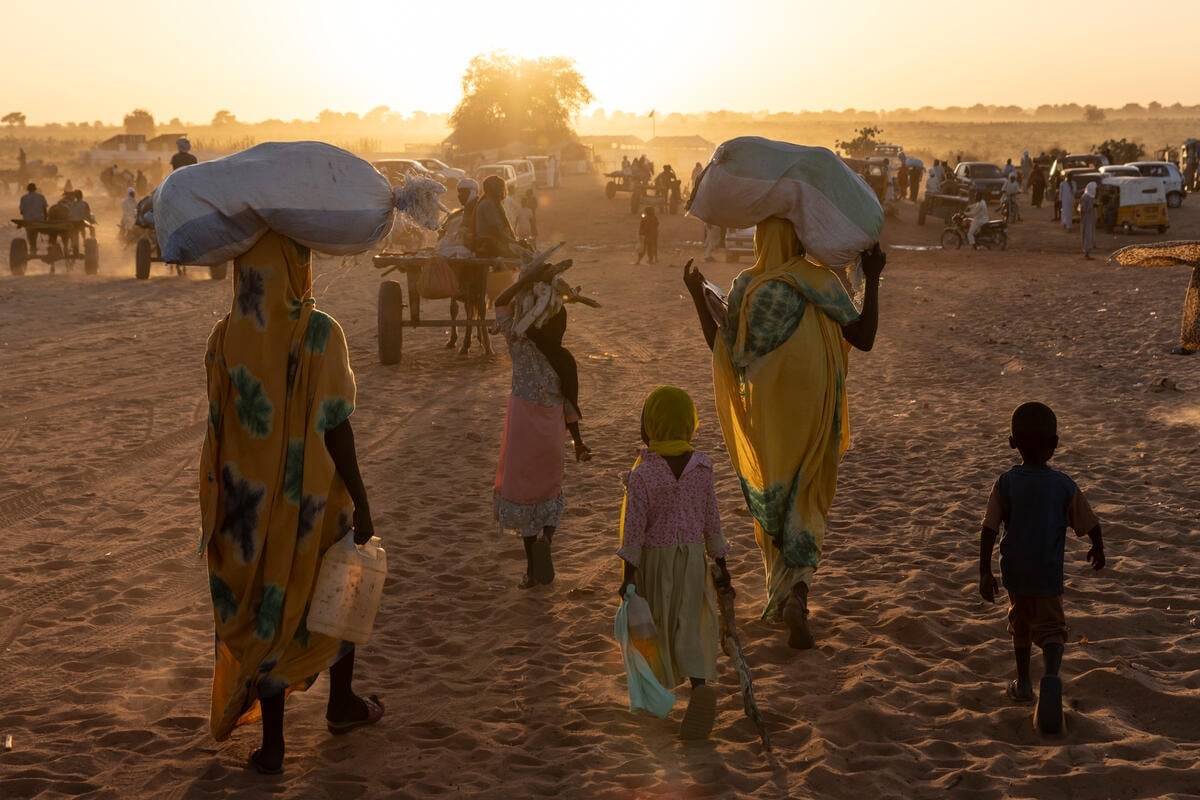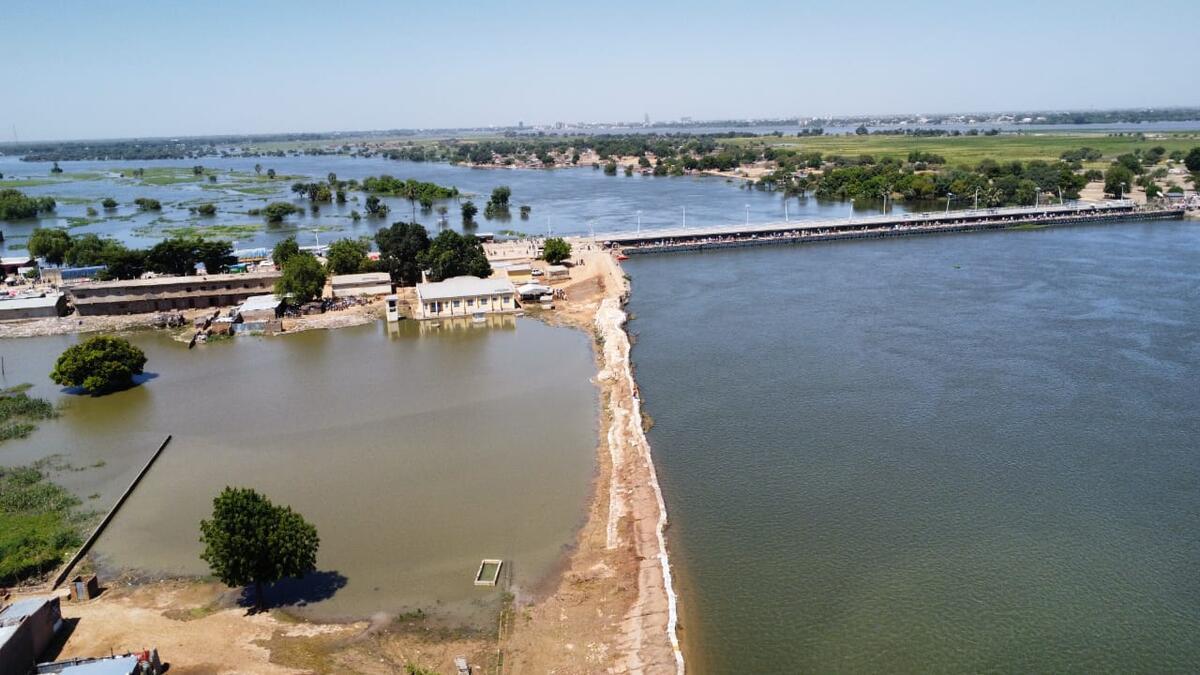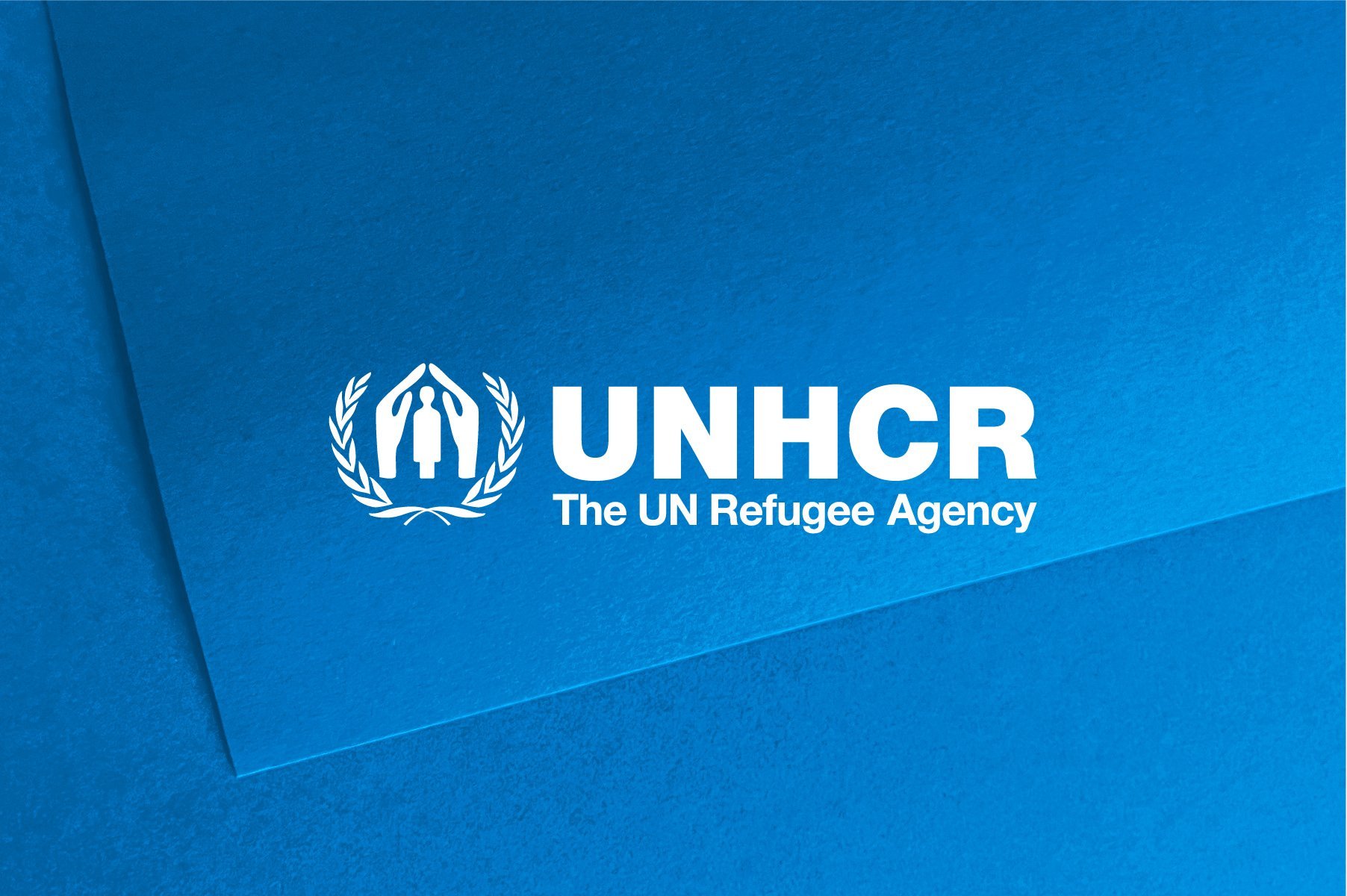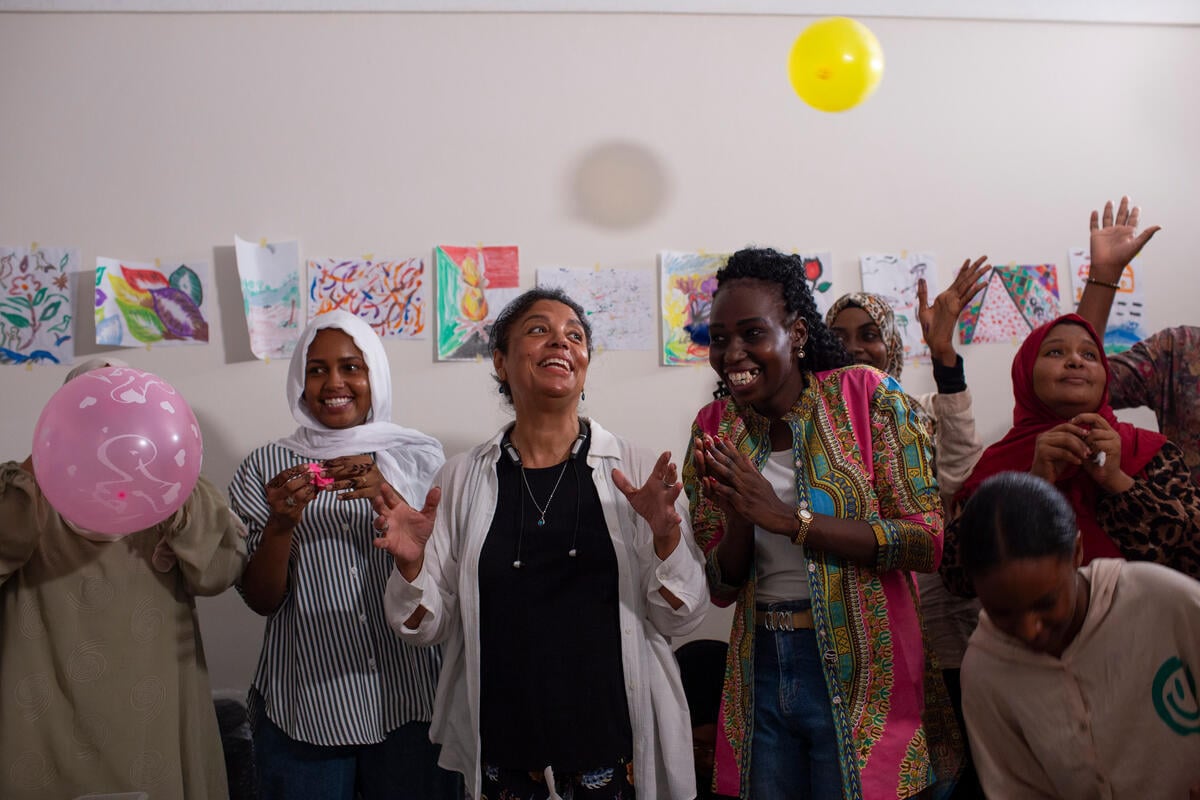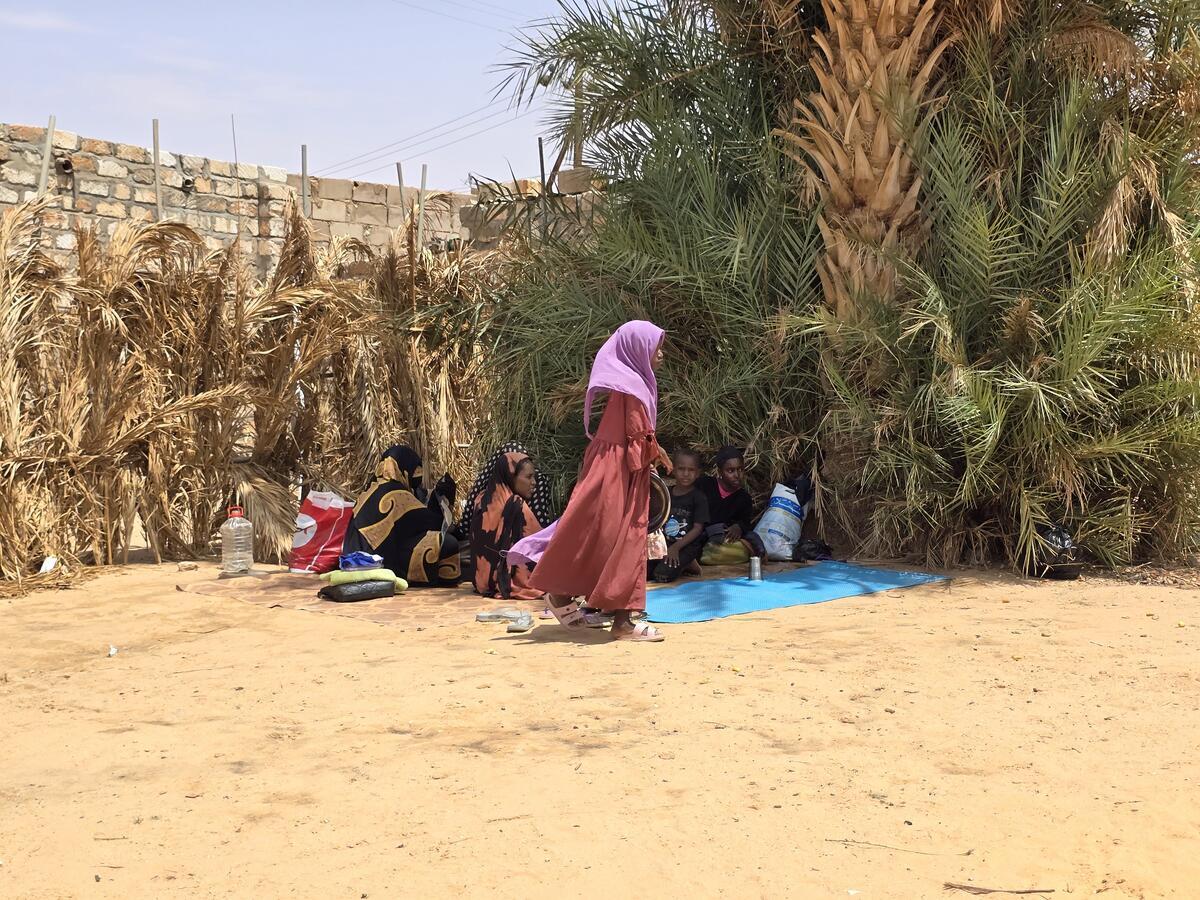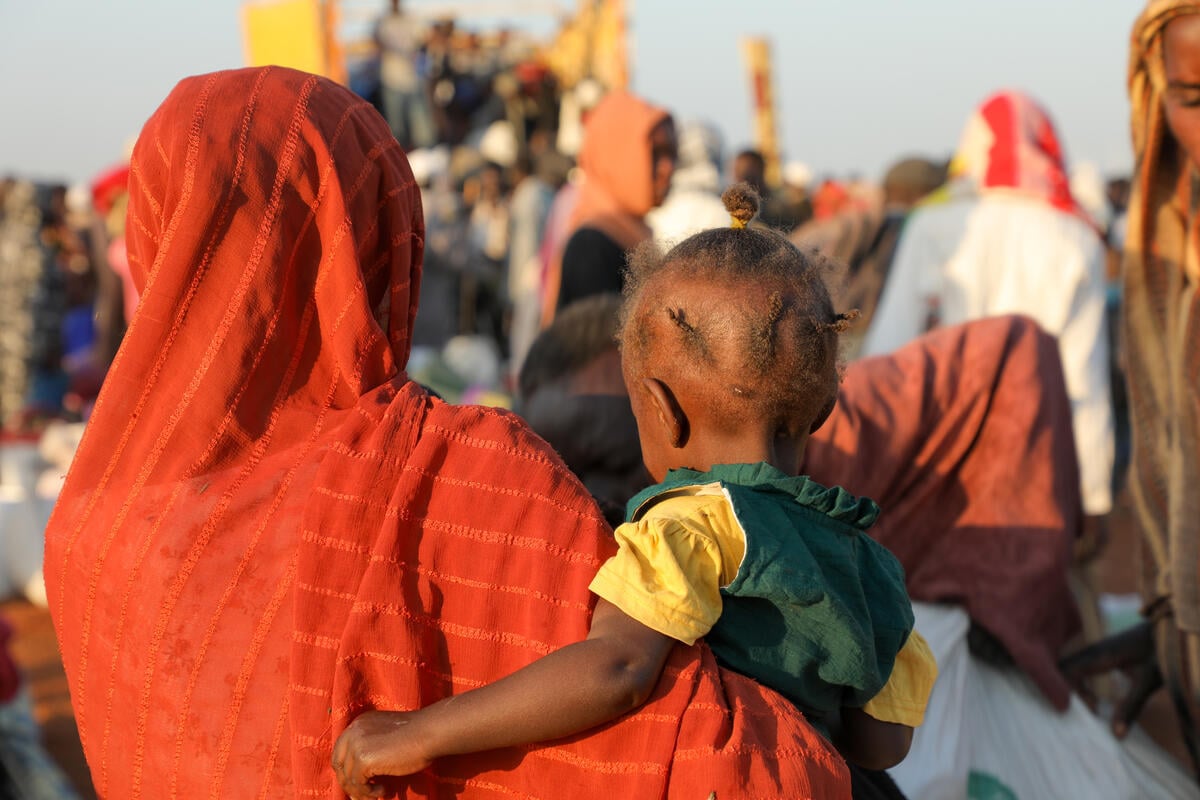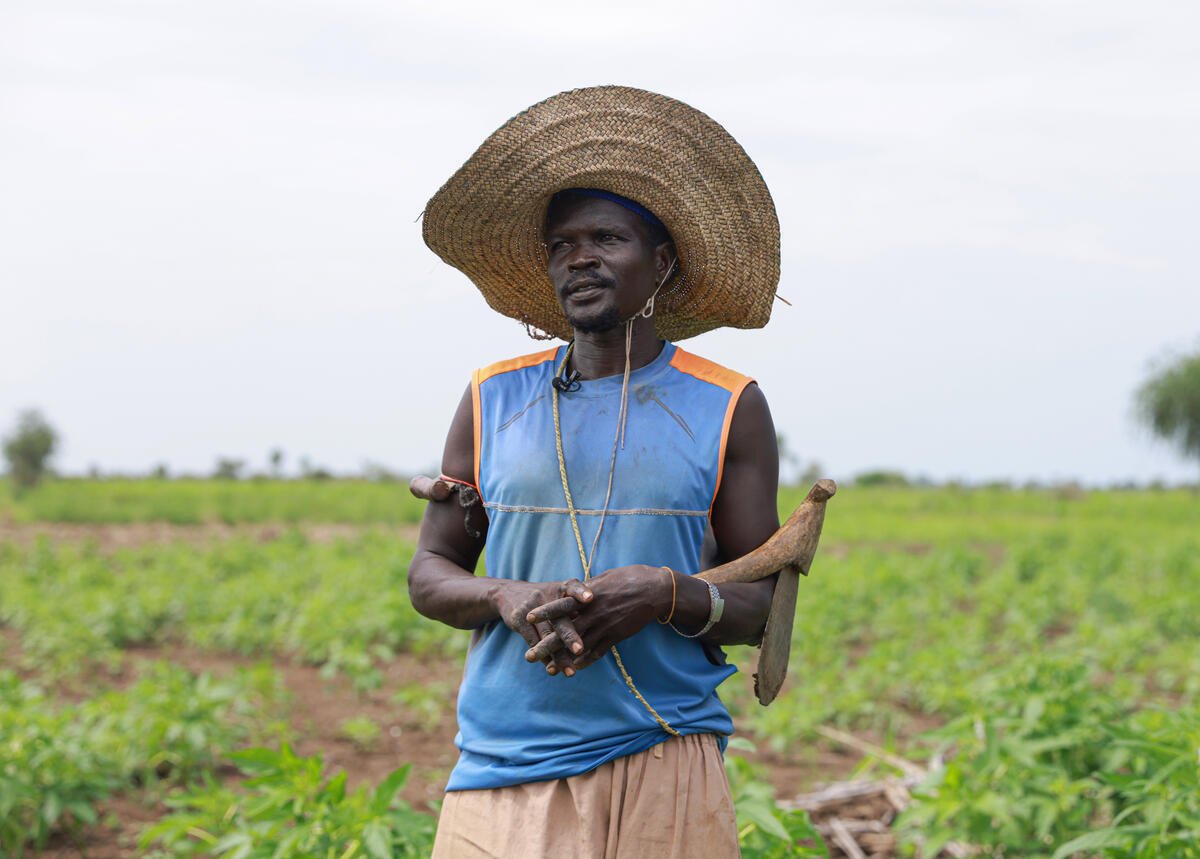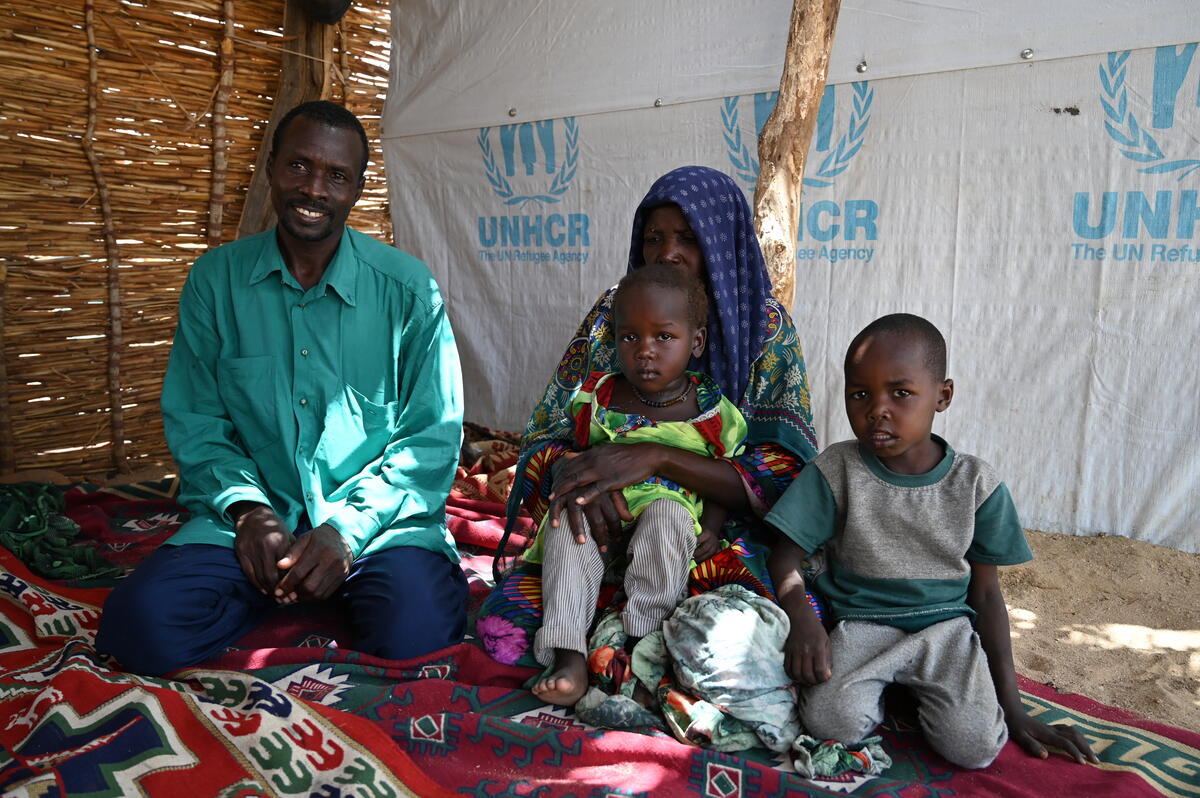Chad: first relocation movement of Sudanese scheduled for Saturday
Chad: first relocation movement of Sudanese scheduled for Saturday
The first UNHCR relocation movement of tens of thousands of Sudanese refugees scattered along the insecure Sudan-Chad border is scheduled to depart the Adré region of eastern Chad for a safer, inland camp at dawn tomorrow (Saturday). Some 200 people will be transported in five trucks and one bus to the new camp in Farchana, 55 km from the border. Members of UNHCR's emergency team, which has been in Chad since December 30, travelled yesterday to Adré and are working closely with UNHCR staff already present in the area to prepare for tomorrow's scheduled movement. A second relocation convoy of approximately 200 people is scheduled for Monday. Similar transfers will be organized every other day for the next two weeks.
UNHCR and its partners started pre-registering refugees for the relocation yesterday. Over the past few weeks, UNHCR and its partners in the field have been carrying out a campaign to inform the refugees about the possibility of relocation to Farchana. Most refugees have indicated they want to move because it's safer away from the border. Refugees scattered in the border area in Chad have been the victims of periodic incursions by Sudanese militia.
Today, UNHCR and its local partner SECADEV (Secours Catholique) are distributing wristbands to each refugee scheduled to leave tomorrow. MSF-Holland will at the same time identify people needing special attention, such as women in their last months of pregnancy, unaccompanied children, elderly and sick people. These people will be transported to the camp by ambulance.
The convoy will depart at dawn tomorrow, and the trip is expected to take approximately three hours. UNHCR vehicles will lead the convoy, and the Chadian gendarmerie will provide an escort. The Chadian Red Cross will be responsible for assisting the refugees throughout the process. Red Cross first aid volunteers will help refugees to embark and will be present in the trucks to assist them during the journey. On arrival at the camp, the volunteers will guide the refugees through the different steps of the reception process up to their settling in their tent. The reception process will include a formal registration conducted by UNHCR and the governmental authority CNAR (Commission Nationale d'Accueil et de Réinsertion des Réfugiés), a medical screening by MSF-Holland and the distribution of food (sorghum, corn meal and oil) provided by WFP. In addition, UNHCR will give families blankets, mattresses, jerry cans, kitchen sets, soap, and hygiene items.
Livestock belonging to the refugees will be transferred separately. UNHCR and the refugees agreed that one member of each family will accompany the cattle from the site where they are currently staying to the new camp. It is anticipated that the journey by foot should take three days.
The camp in Farchana will have capacity for 9,000 to 12,000 refugees. In the near future, children will be able to start attending school in the camp. GTZ has been responsible for designing and building up the camp and has dug three wells in the nearby village which will supply water to the refugees until completion of well drilling inside the camp area itself.
An estimated 95,000 Sudanese have fled across the border to Chad since last March - 30,000 in December alone. They are scattered along a 600-km stretch of remote borderland in dozens of makeshift camps where they are still vulnerable to periodic incursions by militia from Sudan.


